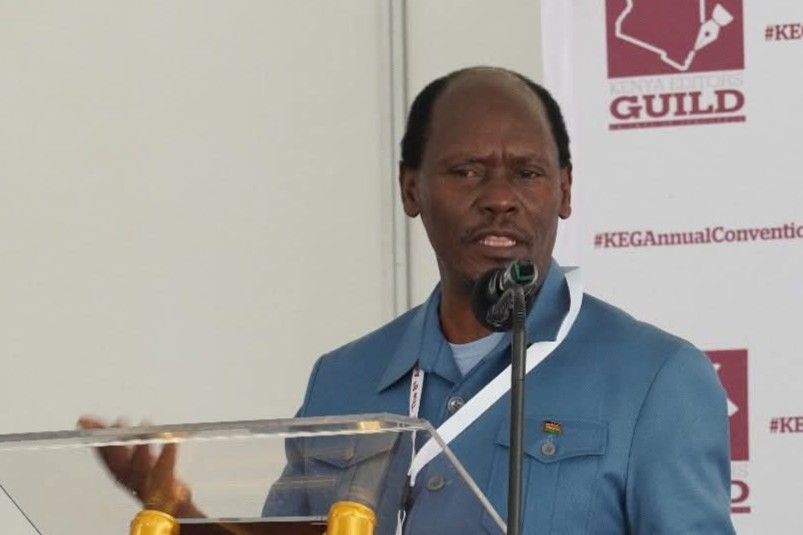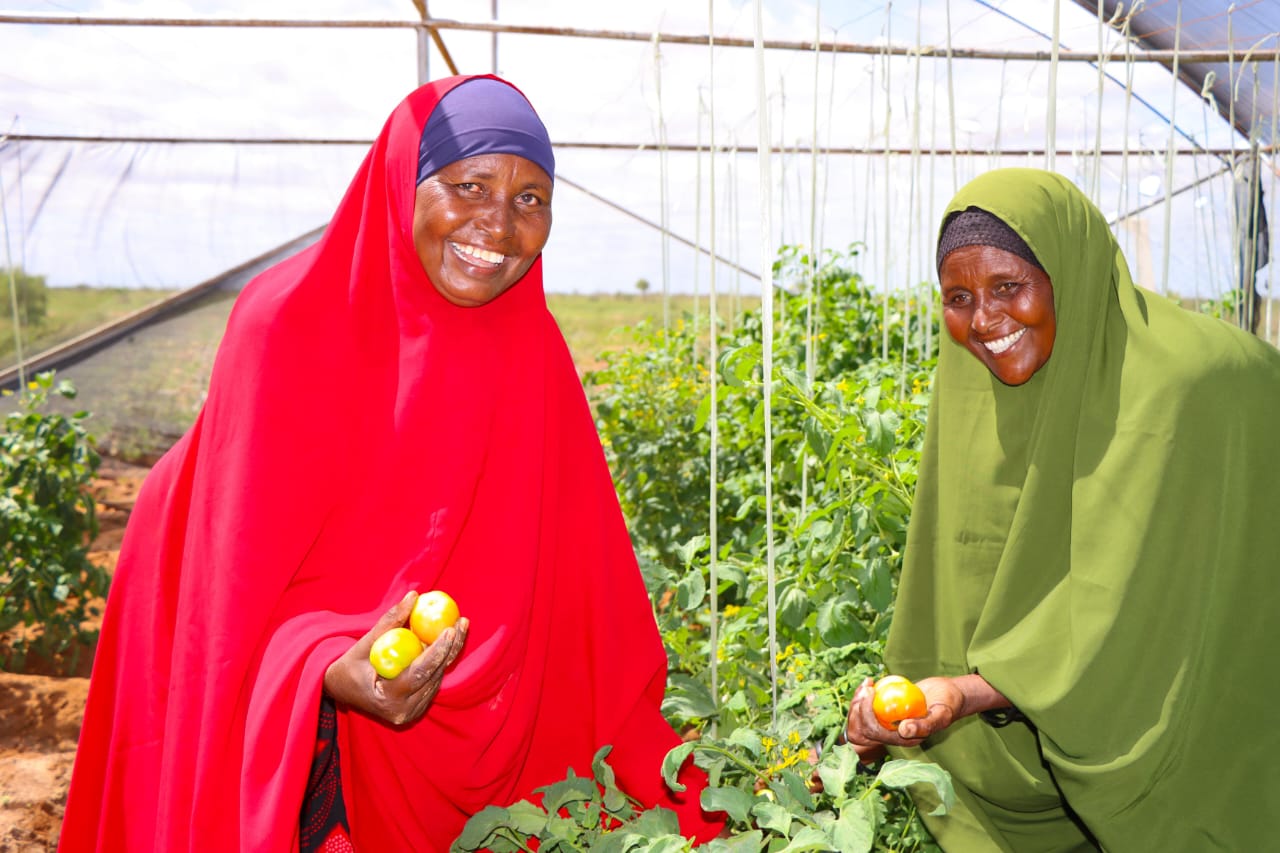 Members of the Welcathi Farm Group joyfully harvesting
tomatoes.
Members of the Welcathi Farm Group joyfully harvesting
tomatoes.In the heart of Wajir West, a quiet revolution is taking place in the once-parched village of Welathi.
Where dust and drought once dominated the landscape, rows of green crops now stretch across the fields—symbols of resilience, innovation, and hope.
Barey Osman, a mother and farmer, walks through her flourishing plot, her brightly colored shuka fluttering in the breeze.
Not long ago, her days were spent herding camels, goats, and cattle. Today, she tends to vegetables and grains that feed her family and earn her an income.
“Farming has given me hope,” she says, pausing to wipe sweat from her brow. “Just a few years ago, we survived only through livestock. But with the changing climate, we had to adapt.”
Barey is part of the Welathi Farm Group, a collective of 20 farmers supported by the World Food Programme (WFP).
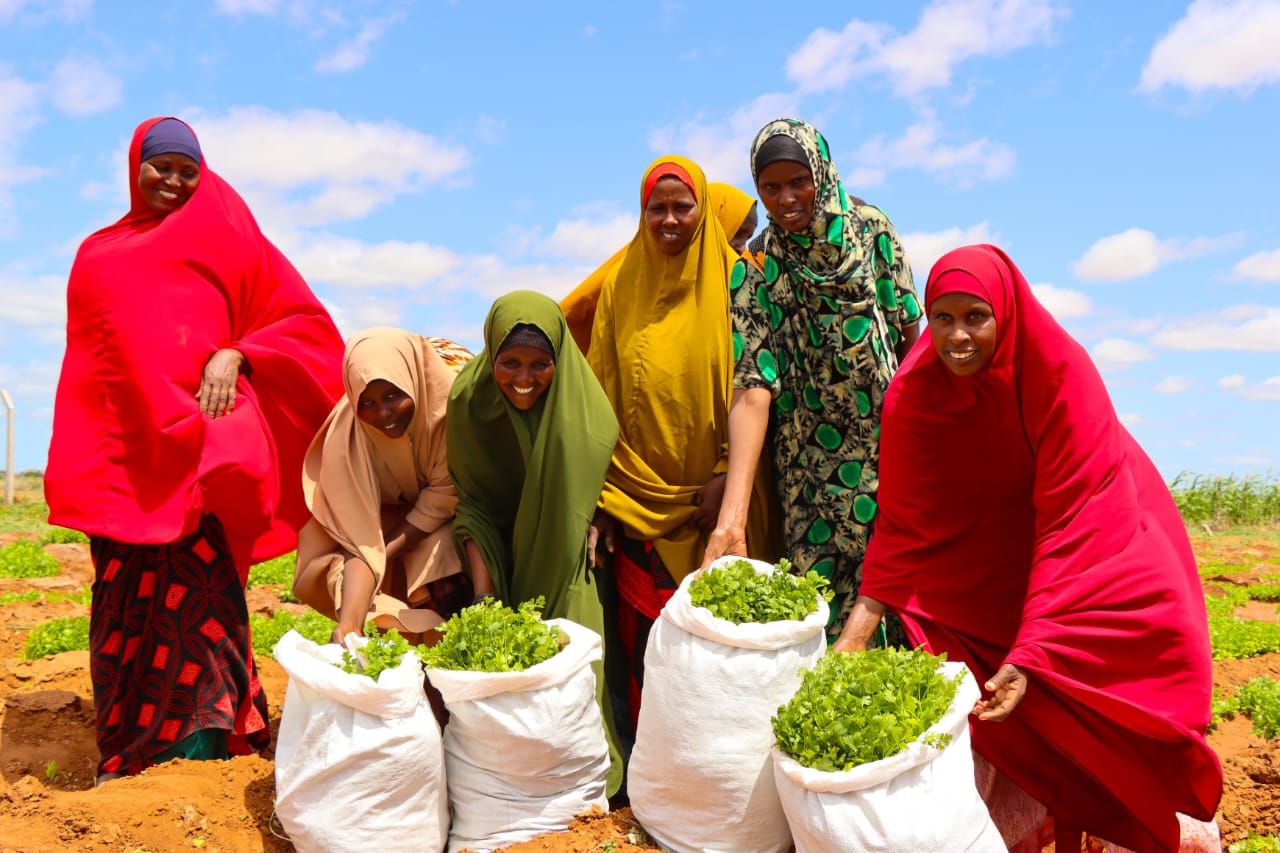 Members of the Welathi Farm Group harvest coriander.
Members of the Welathi Farm Group harvest coriander.
With changing weather patterns making traditional herding less viable, communities like Welathi are turning to sustainable farming to secure their future.
Investments in boreholes, solar-powered irrigation systems, and shade net farming have transformed once-barren land into a source of abundance.
Now, the farms yield tomatoes, onions, pulses, coriander, beetroots, watermelons, maize, and more.
“This shift has not only put food on the table,” Barey says, “it has empowered women like me to earn, lead, and feed our communities.”
Lynette Watiti, WFP’s Head of Field Office in Wajir, sees the Welathi project as a blueprint for change.
“Welathi is a powerful example of what strategic partnerships can achieve. Women and youth are now at the forefront of food production. They’re not only feeding their families but also contributing to the local economy,” she explains.
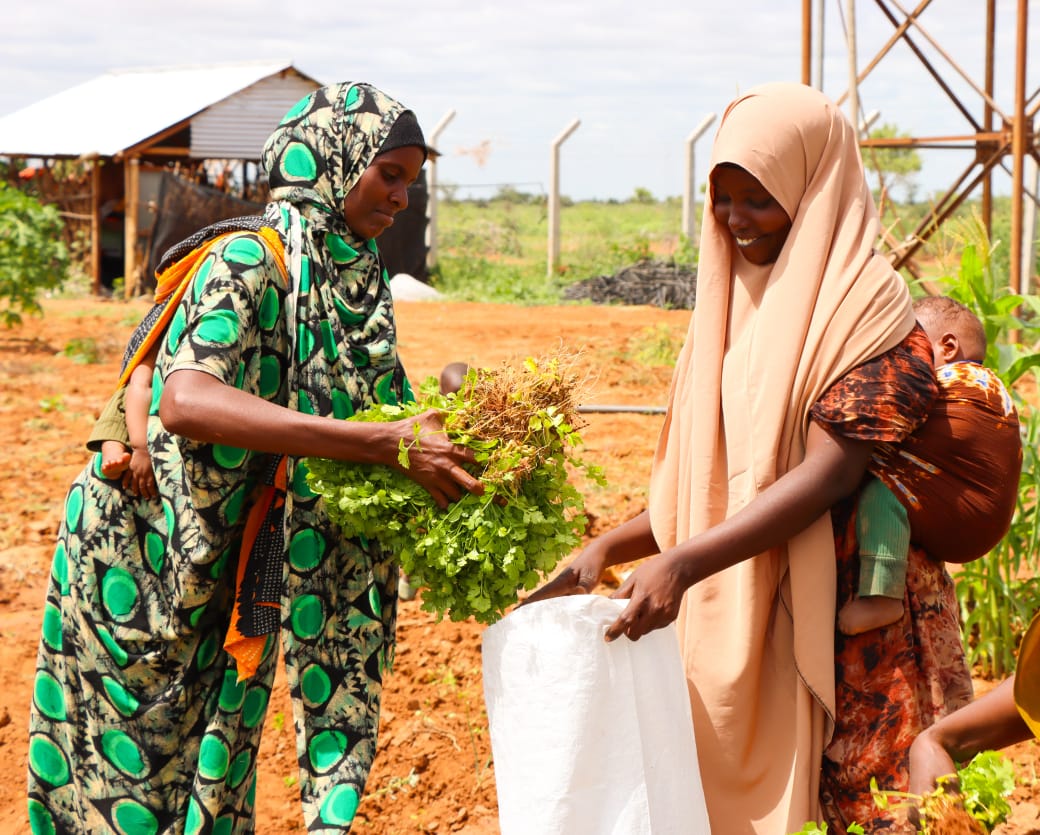 Women farmers harvest coriander.
Women farmers harvest coriander.
The county government of Wajir is fully behind the approach. Omar Adan, chief officer for agriculture, praised the Welathi project as a model for the region.
“This collaboration with WFP supports our County Integrated Development Plan and food security strategy. Welathi shows that agriculture can succeed, even in the most challenging environments,” he said.
“We will continue to invest in projects that empower communities—especially women and youth.”
For Halima Abdi, a mother of five and fellow farm group member, the impact of the project is deeply personal.
“Before this farm, we depended on relief food,” she recalls. “Now my children eat fresh vegetables from our land. Their health has improved, and I don’t have to walk long distances looking for food or water.”
With more time and a stable income, Halima says she can now meet other household needs—from school fees to basic essentials. “This project has changed our lives,” she adds.
As Welathi’s green fields continue to grow, so too does its influence. Across Wajir County, more communities are adopting similar practices—redefining what’s possible in arid lands.
From dry soil to thriving harvests, Welathi is not just growing food; it’s cultivating resilience, dignity, and lasting change.




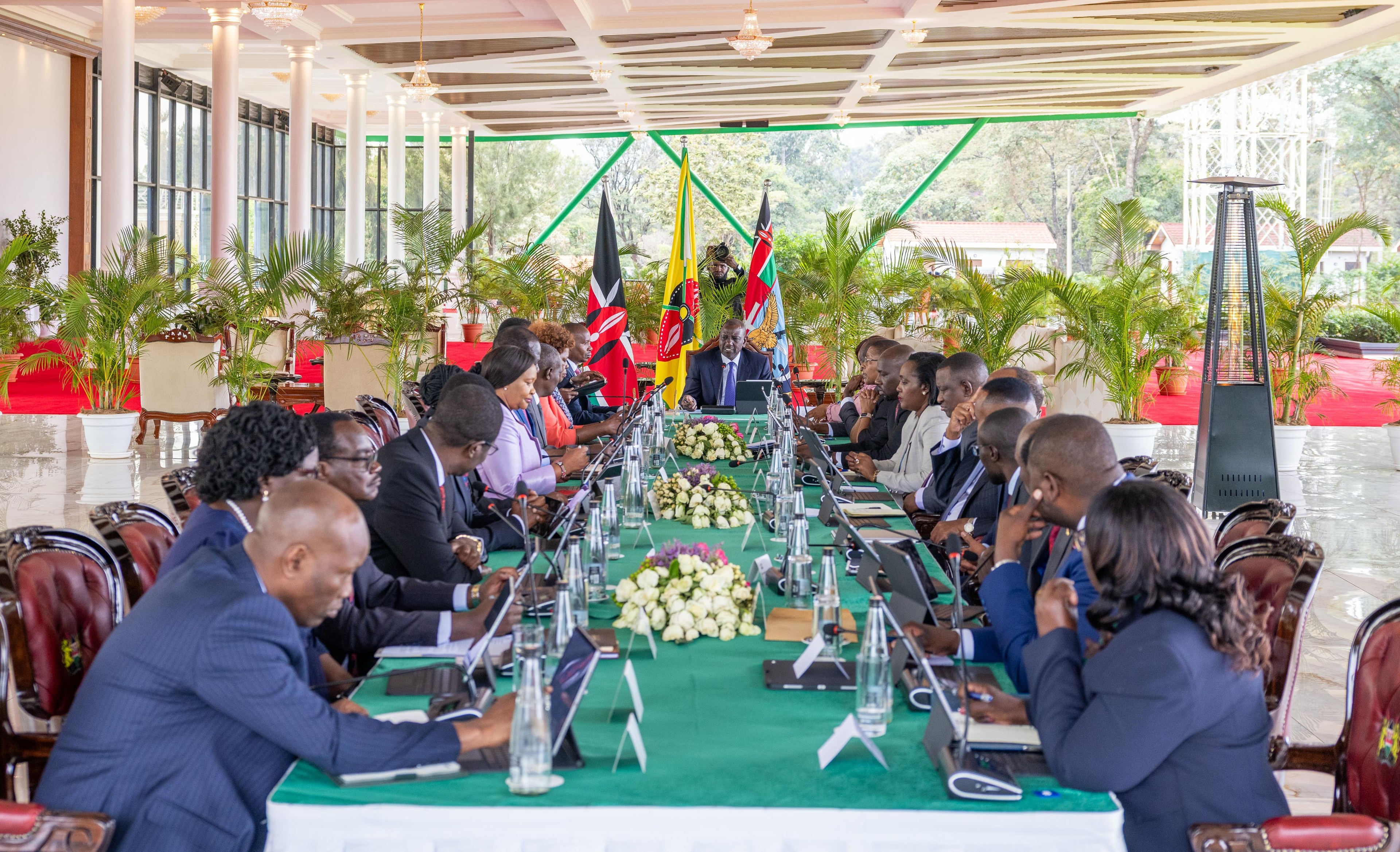



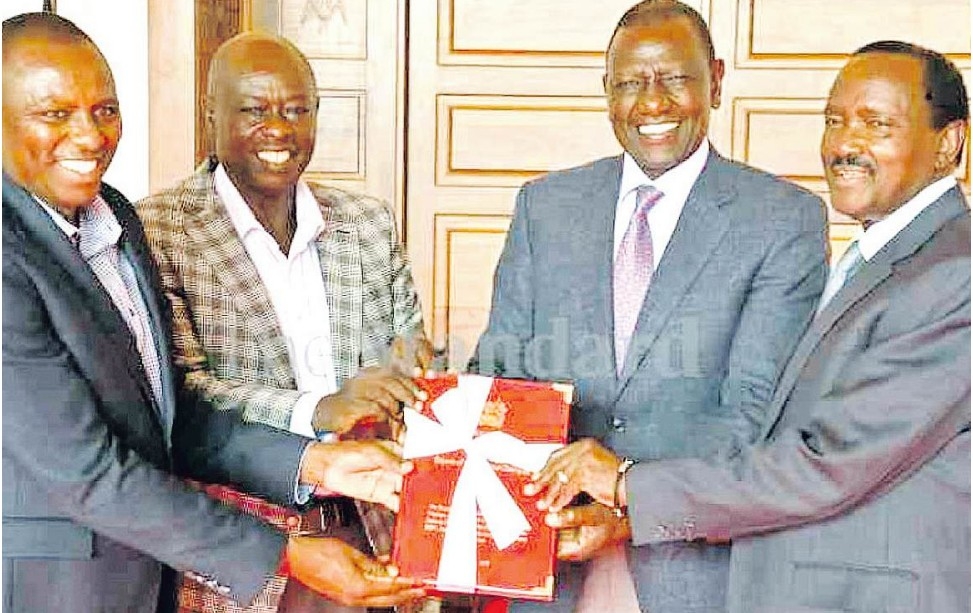



![[PHOTOS] Ruto present as NIS boss Noordin Haji's son weds](/_next/image?url=https%3A%2F%2Fcdn.radioafrica.digital%2Fimage%2F2025%2F11%2Ff8833a6a-7b6b-4e15-b378-8624f16917f0.jpg&w=3840&q=100)



